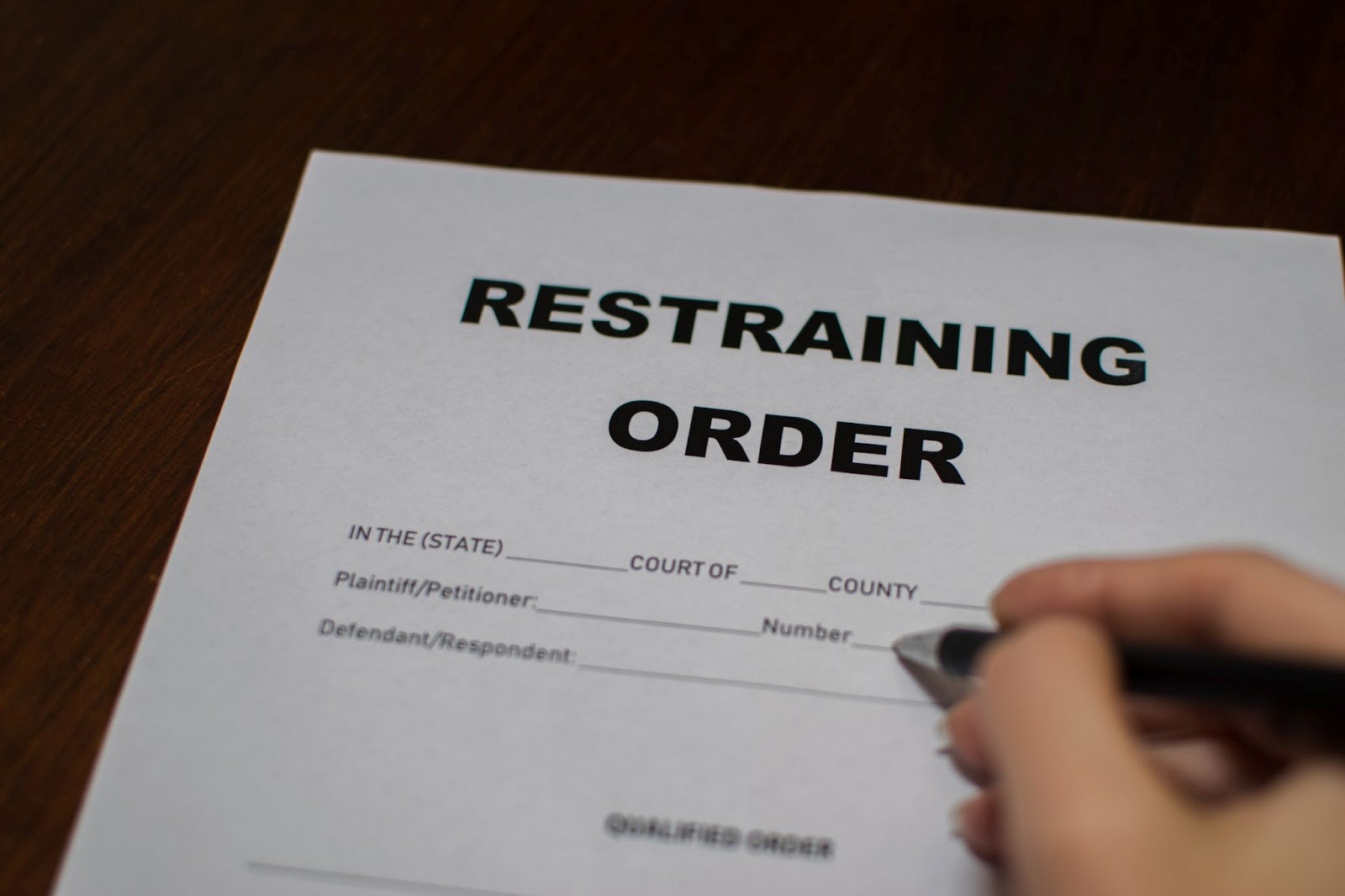Drug trafficking is a term that often brings to mind headlines and dramatic portrayals in the media. However, the legal reality of what it is and the penalties for the offence, particularly under Australian law, are far more complex.
Overview of drug trafficking
Drug trafficking, in legal terms, refers to the act of illegally selling, transporting, or importing controlled substances. It’s a criminal offence that goes beyond mere possession of drugs for personal use. In Australia, the law treats this offence as a severe crime due to its potential societal impact, including public health concerns and its association with other criminal activities.
In simple terms, drug trafficking involves the distribution of drugs, often on a significant scale. This can include a wide range of activities, from the cultivation and production of illegal substances to their distribution and sale. The key element that elevates drug possession to trafficking is the intention to distribute these substances to others, whether for profit or not.
Australian law is particularly stringent when it comes to trafficking of drugs. The legislation does not require proof of an extensive operation or significant financial gain for a charge of drug trafficking to be made. Even small-scale distribution, such as selling drugs to friends or acquaintances, can fall under the umbrella of trafficking. This broad legal interpretation means that even individuals who do not consider themselves as part of a ‘drug trade’ could find themselves facing serious charges.
It’s important to understand that these charges can carry severe penalties, including lengthy prison sentences. The penalties can vary depending on several factors, such as the type and quantity of the drug involved, the individual’s role in the trafficking operation, and their criminal history.
Schedules of dangerous drugs
In understanding drug trafficking charges, it’s useful to be familiar with the classifications of dangerous drugs as outlined in Australian law. These classifications are primarily listed in schedules 1 and 2 of the Drugs Misuse Regulation. The classification of a drug plays an important role in determining the severity of the charge and the corresponding legal proceedings.
Schedule 1 drugs, which include substances like cocaine and MDMA, are considered to be of a higher risk due to their potent effects and potential for harm. Trafficking these drugs is viewed particularly seriously by the legal system. On the other hand, schedule 2 drugs, with cannabis being the most commonly cited in drug offences, are regarded with slightly less severity, but the legal repercussions are still significant.
The categorisation of drugs into these schedules directly influences which court will handle the case. Allegations involving schedule 2 drugs, like cannabis, are generally dealt with in the District Court. In contrast, cases involving schedule 1 drugs, such as cocaine or MDMA, are typically elevated to the Supreme Court.
How much (drugs) is considered drug trafficking?
In Australia, there is no specific quantity that universally determines when possession becomes trafficking. Instead, the intent and actions of the individual are more significant. For instance, possessing a relatively small amount of a drug but with clear evidence of intent to distribute (such as scales, bags, large amounts of cash, or communication records) can lead to trafficking charges.
However, certain quantities of drugs can raise presumptions of trafficking. These quantities, known as ‘traffickable quantities’, vary depending on the drug. For example, the traffickable quantity for a drug like cannabis will be different from that for cocaine or MDMA.
Being found in possession of drugs above these quantities can lead to an assumption of trafficking, although this presumption can be challenged in court. Even without reaching these predefined quantities, activities such as selling drugs, regardless of the amount, can also constitute trafficking. The law considers the overall conduct and intention behind the drug-related activities.
What is the sentence for drug trafficking in Australia?
The severity of drug trafficking charges in Australia cannot be overstated. These offences are considered some of the most serious under criminal law, reflecting the significant impact drug trafficking has on communities and public health. The legal system aims to deter such activities through the imposition of stringent penalties.
When an individual is charged with drug trafficking, they are facing the possibility of life-altering consequences. The penalties vary, but they are invariably severe, potentially including long-term imprisonment. The maximum penalty can reach up to 25 years of incarceration, particularly in cases involving large quantities of controlled substances or additional aggravating factors.
The court’s approach to sentencing in drug trafficking cases may be influenced by several factors. These can include the nature and quantity of the drug trafficked, the duration and sophistication of the trafficking operation, and any previous criminal convictions of the accused. Courts also consider the individual’s role in the trafficking operation – whether they were a principal organiser or played a lesser part.
The courts also look at the potential harm caused by the trafficking operation. This includes not only the direct effects of drug distribution but also the broader impact on the community and public health.
Speak to a drug trafficking lawyer
If you are facing drug trafficking charges, the importance of expert legal representation cannot be overstated. The implications of drug trafficking charges are significant, often carrying the potential for severe penalties, including lengthy imprisonment.
Should you find yourself or someone you know facing drug trafficking charges, do not hesitate to reach out to Rana Lawyers. Our team of skilled criminal defence lawyers is here to offer you the highest quality legal representation and support, ensuring your case is handled with the care and attention it deserves.












